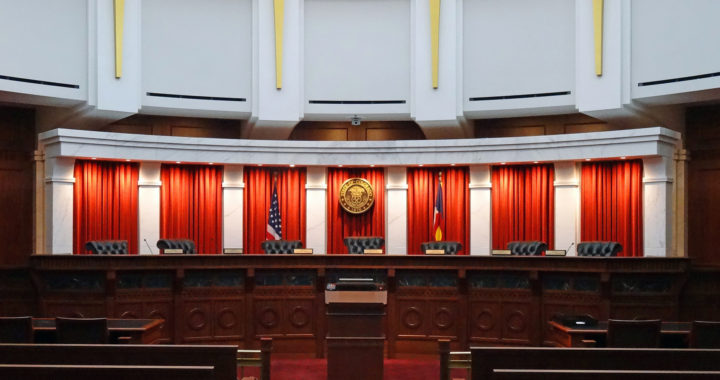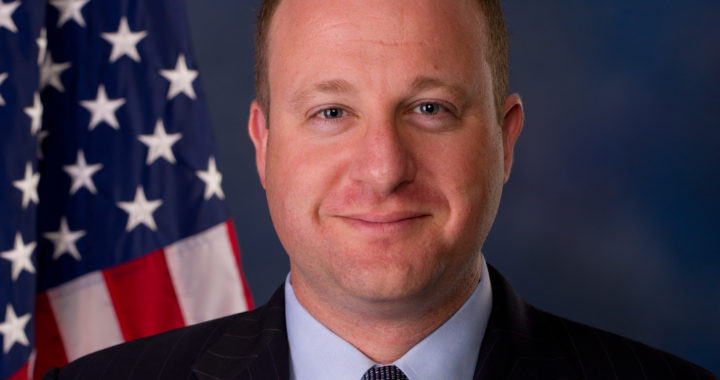Just like to tragic historical happening for which it was named, the modern day “Children’s Crusade,” as it was dubbed, has concluded in defeat. Frankly, it’s about time.
Martinez v. COGCC
For those unacquainted with the long-running battle, the COGCC has been under attack since 2013, when Xiuhtezcatl Martinez filed a petition with the Colorado Oil and Gas Conservation Commission (or COGCC) that demanded the regulatory agency suspend all new projects until they could prove conclusively that oil and gas development was not harmful to the environment. For nearly six years, the national oil and gas industry has been threatened by anti-fracking activists whose primary selling point is that they’re too young to go into a bar.
Sure, on the surface, that sounds like a noble quest. The fact that Martinez was a kid also made for stylish headlines, as well. Regardless of the long-running debate surrounding it, Martinez’s petition never amounted to more than a poorly-executed ploy designed to shame one of the hardest working regulatory bodies in the country.
Building an Industry While Handcuffed
In the ruling, Justice Richard L. Gabriel pointed out that the primary role of the COGCC is to “foster the development” of Colorado oil and gas. Ceding economic growth to niche environmental concerns comes a clearly defined second. Even then, the COGCC mandate states that addressing environmental concerns should come, “only after taking into consideration cost-effectiveness and technical feasibility.”
Meanwhile, the COGCC finds themselves operating under regulations that are both wildly restrictive and self-imposed.
In a statement from President & CEO of the Colorado Oil & Gas Association Dan Haley, the exec wrote, “The plaintiffs in the Martinez v. COGCC case ignored, and attempted to disrupt, decades of regulatory precedent and legal oversight. The Colorado Oil and Gas Conservation Act (Act) directs the COGCC to consider multiple factors in making its decisions, including environmental priorities. Following the Act, which is existing Colorado law, the COGCC has enacted the most extensive and stringent regulations for the oil and natural gas industry in the country.”
Still, however, Colorado oil and gas finds a way to thrive.
The Battle the Continues
The Supreme Court ruling handed down early this week is an undeniable victory for the state’s energy companies. That said, there’s little time for Colorado oil and gas to revel. Opponents of hydraulic fracturing, including the newly elected governor of Colorado, have voiced their disapproval at the decision. In short, it’s only a matter of time before the state’s, and the nation’s energy interests are threatened once more.





